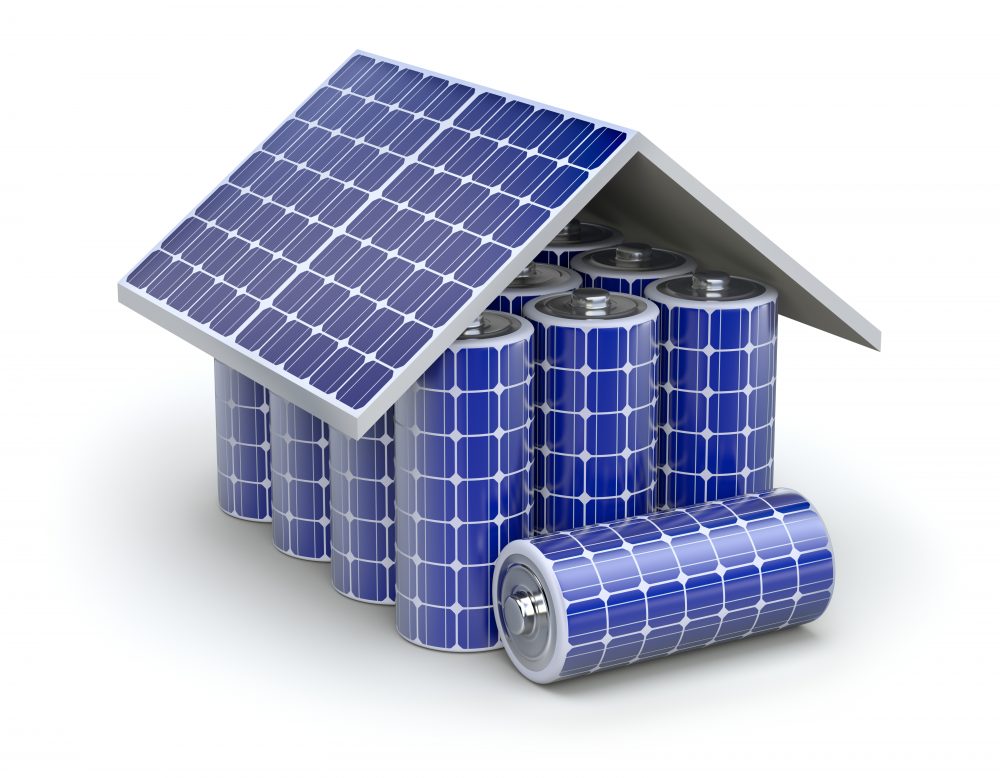Summary
The Lithium-Sulfur Batteries for Large-Scale Energy Storage project aimed to develop advanced lithium-sulfur batteries for renewable energy storage with high-energy density, extended service life and operational safety.
Need
The Lithium-Sulfur Batteries for Large-Scale Energy Storage project has identified that limited cost effective energy storage technologies have hindered the progress of renewable energy industries.
With the growth of the energy storage market predicted to increase at a rate of approximately 22 per cent p.a.,[1] lithium-ion batteries (LIBs) alone cannot fulfil the growing demand and requirements of portable electronics, electric vehicles, and stationary electric energy storage.
Lithium-sulfur (Li-S) battery technology has the potential for high-energy density and low-cost, large-scale energy storage and conversion due to the widespread availability and low cost of sulfur. This makes Li-S a promising candidate for the next generation energy storage devices.
Advances in Li- S technology has grown significantly in recent years and a number of research organisations are devoting effort and resources to exploring potential use in numerous end products including electric vehicles, consumer devices, electronics, and gridscale energy storage.
However, there are many technical challenges facing the development of Li-S batteries including the insulating nature of sulfur (which leads to poor power density), limited cycle life, and the high reactivity of the lithium metal anode.
Learn more
Project innovation
This project lead by the University of Technology Sydney aimed to understand the materials and cell behaviour of Li-S batteries, with a goal to develop a conceptual design, fabrication and electrochemical data evaluation of commercial size Li-S batteries.
The UTS research team along with industry partners DLG Power Battery and Korea Electrochemistry Research Institute (KERI) have already made advancements that enabled the development of demonstration and prototype Li-S batteries. This has included the assembly of a pouch-type Li-S battery. The R&D results have found these prototype Li-S batteries as superior to commercially available Li-I batteries regarding the material cost, delivered capacity and energy densities.
Benefit
The project was successful in developing advanced Li-S batteries for renewable energy storage with high energy density, extended service life and operational safety. The research led to several publications in international journals and conferences, which has helped to accelerate the pace of innovation in the field of battery research.
Further improvements are required before Li-S batteries are a reliable commercial product. These improvements include addressing the limited life of Li-Sbatteries as well as the, high self-discharge and poor rate capability.
While the commercial size Li-S battery is in its early stages of development, this project has advanced the information and commercialisation prospects. Further breakthroughs and improvements in engineering science and associated techniques for the Li-S battery could be achieved in the near future. This could allow renewable energy, particularly wind and solar, to better compete with fossil fuels particularly through providing more reliable power.






